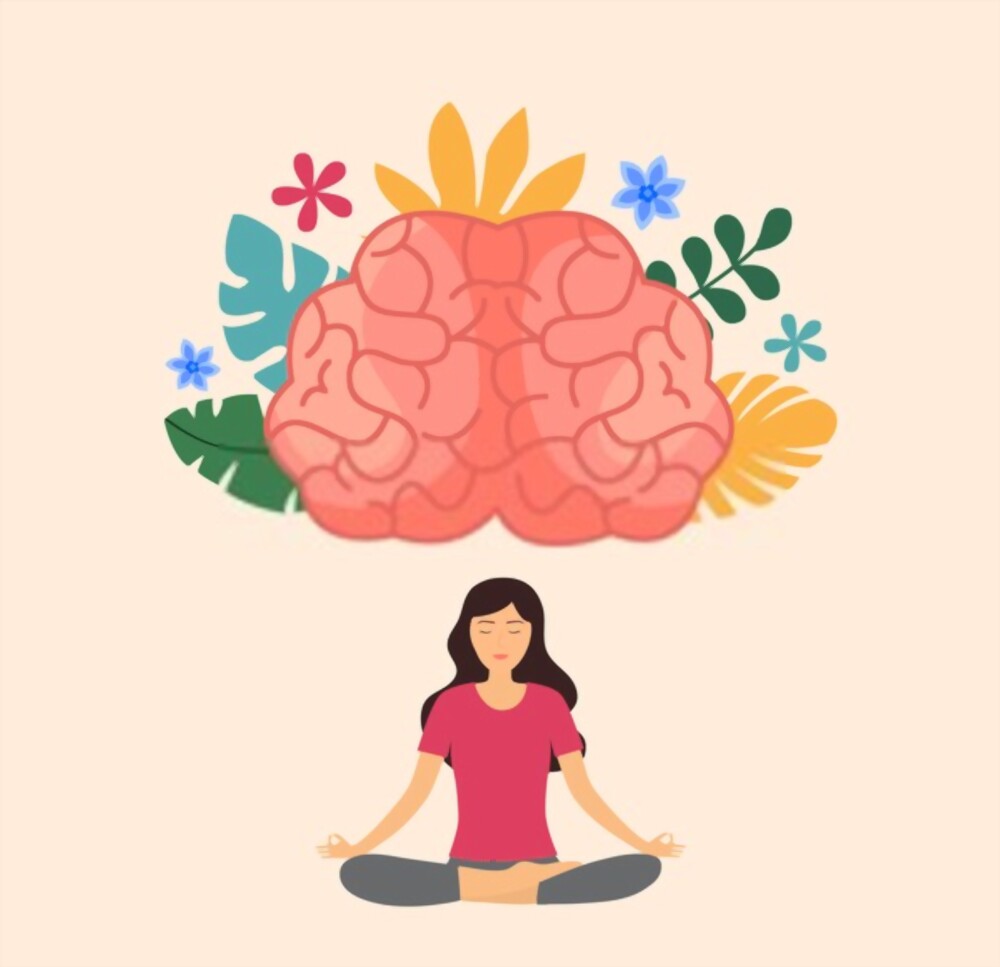Yoga is an ancient practice that involves physical poses, concentration, and deep breathing. The first mention of the word “yoga” appears in Rig Veda. Sanskrit word “yuj,” which means “union” or “to join.” The overall philosophy of yoga is about connecting the mind, body, and spirit.

There are six branches of yoga. Each branch represents a different focus and set of characteristics:
- Hatha yoga: This is the physical and mental branch that aims to prime the body and mind.
- Raja yoga: This branch involves meditation and strict adherence to a series of disciplinary steps known as the eight limbs of yoga.
- Karma yoga: This is a path of service that aims to create a future free from negativity and selfishness.
- Bhakti yoga: This aims to establish the path of devotion, a positive way to channel emotions and cultivate acceptance and tolerance.
- Jnana yoga: This branch of yoga is about wisdom, the path of the scholar, and developing the intellect through study.
- Tantra yoga: This is the pathway of ritual, ceremony, or consummation of a relationship.
Physical benefits
Increased flexibility, muscle strength and tone
Improve respiration, energy and vitality,
Maintaining a balanced metabolism, Weight reduction, Cardio and circulatory health, Improved athletic performances


Mental benefits
Helps to manage stress on the body and mind, drug abuse, inability to concentrate, improve person’s mental well-being, mental clarity and calmness; increases body awareness; relieves chronic stress patterns, etc
- building muscle strength
- enhancing flexibility
- promoting better breathing
- supporting heart health
- helping with treatment for addiction
- reducing stress, anxiety, depression, and chronic pain
- improving sleep
- enhancing overall well-being and quality of life
It is advisable to consult a medical professional, if possible, before starting a yoga practice.

